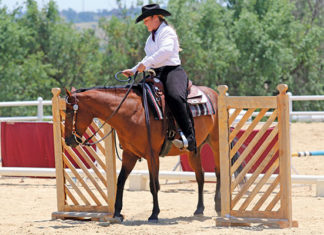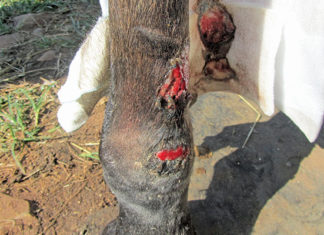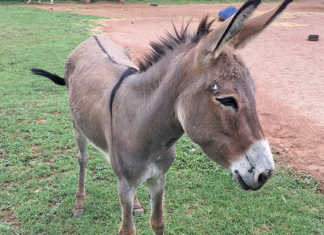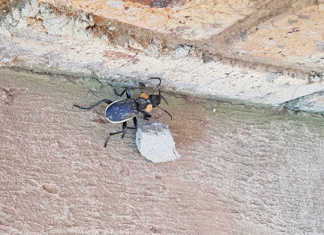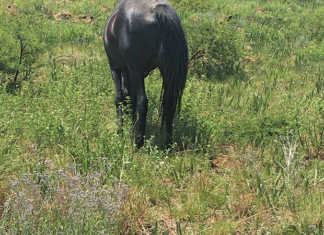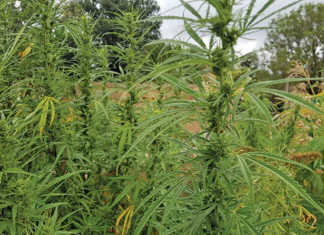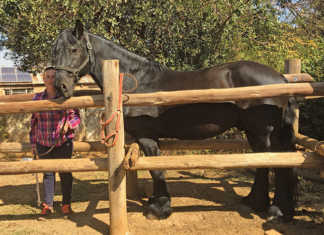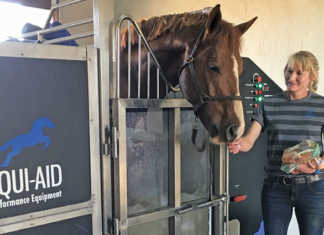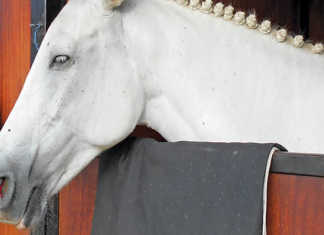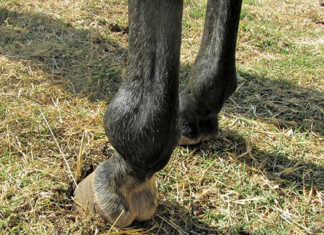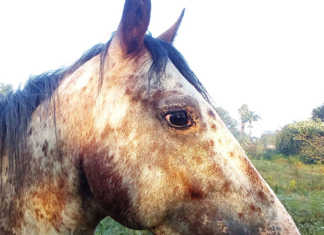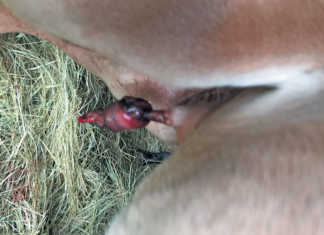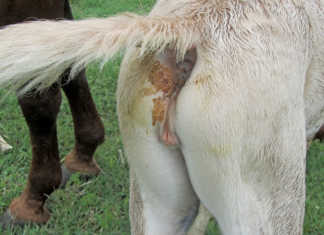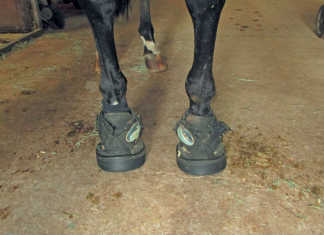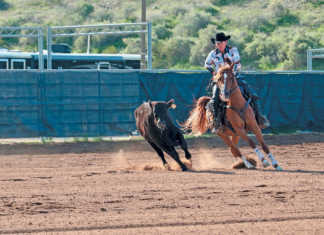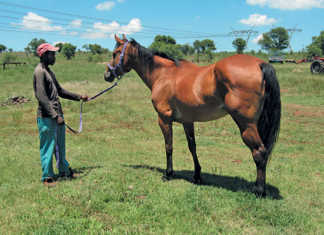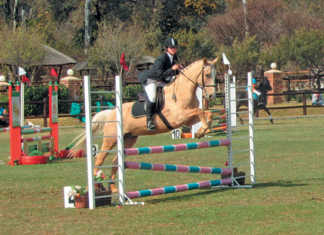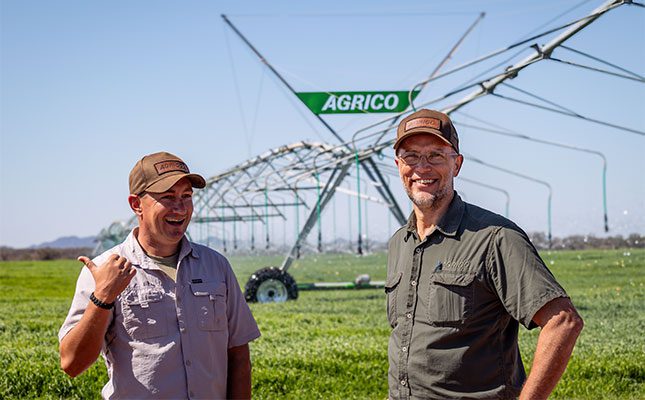Working equitation: a new equestrian discipline in SA
The skills learnt in working equitation teach riders and horses the basics of competition, as well as how to sort out cattle in the veld on horseback, says Dr Mac.
How to treat your horse’s wounds
Horses are prone to injury, and all horse owners or carers should therefore know how to clean and disinfect a wound, says Dr Mac.
The care unit that treats neglected horses and donkeys
The Highveld Horse Care Unit cares for neglected equines. Farryn Day of the unit says that a lack of education is the main reason for the mistreatment of these animals.
Dealing with Anthia beetles in your paddocks
The Anthia beetle squirts a highly irritant fluid into the eyes of animals. This substance can cause redness, inflammation and swelling. Dr Mac explains how to manage these insects on your farm.
Managing high nitrate levels in paddocks
High nitrate levels acidify the soil, leading to an abundance of weeds. Dr Mac explains how to manage this, and prevent it from occurring.
SA’s cannabis legislation and horses
Remedies derived from cannabis have been used to treat injury in horses since the days of Alexander the Great. But what effect does marijuana have on horses? Dr Mac explains.
How to build a horse crush
The routine handling of horses is simplified if you own a crush pen, says Dr Mac.
Equine hydrotherapy for leg injuries
Spa therapy is now easily available in South Africa to treat injuries in sport horses, says Dr Mac.
Fitting a McClellan saddle
This American cavalry saddle has been in use for 159 years. It was employed in the American Civil war and the Second Anglo-Boer War, and is still used for stock horses, says Dr Mac.
White horses and black bulls
Camargue horses are used to manage the feral black cattle herds in the salty marshes of the Rhône River Delta as it enters the Mediterranean Sea, says Dr Mac.
Lipizzaner stallions in South Africa
Lipizzaners, well known for their high-level dressage displays, originated more than four centuries ago. However, the breed continues to amaze, says Dr Mac.
Treating nosebleeds in horses
Horses that suffer from pouring nosebleeds after exercise should be examined by a vet, says Dr Mac.
Why arthritis treatments are controversial
There are various treatments available for equine osteoarthritis. However, these are mainly palliative and do not promote healing, says Dr Mac.
Inherited night blindness
Reduced vision at night and a reluctance to enter dark stables in the daytime may be associated with night blindness, says Dr Mac.
Severing the umbilical cord
As a rule, you should avoid tying off the umbilical cord after birth. However, if very heavy bleeding occurs, it’s time to act, advises Dr Mac.
Meconium retention in foals
About 2% of foals are unable to expel the meconium within the first 24 hours after birth, warns Dr Mac.
Cushioned overshoes for horses
In the US, Soft-Ride boots are often used to make a horse more comfortable on a hard floor, such as in a stable or a horsebox. South African owners should consider using them too, says Dr Mac.
Why cutting horses are useful
Certain horse breeds have an inborn ability to separate a cow from a herd, a trait that makes them a valuable partner on a farm, says Dr Mac.
‘Is my horse bay or brown in colour?’
Knowing the difference is important to breeders, as the genetics are not the same, although the colours may appear similar, says Dr Mac.
How stride length influences your horse’s jump
Jumping to win means you have to feel each stride as you ride and know when to shorten or lengthen it, says Dr Mac.
- ADVERTISEMENT -
MUST READS
- ADVERTISEMENT -
- ADVERTISEMENT -

